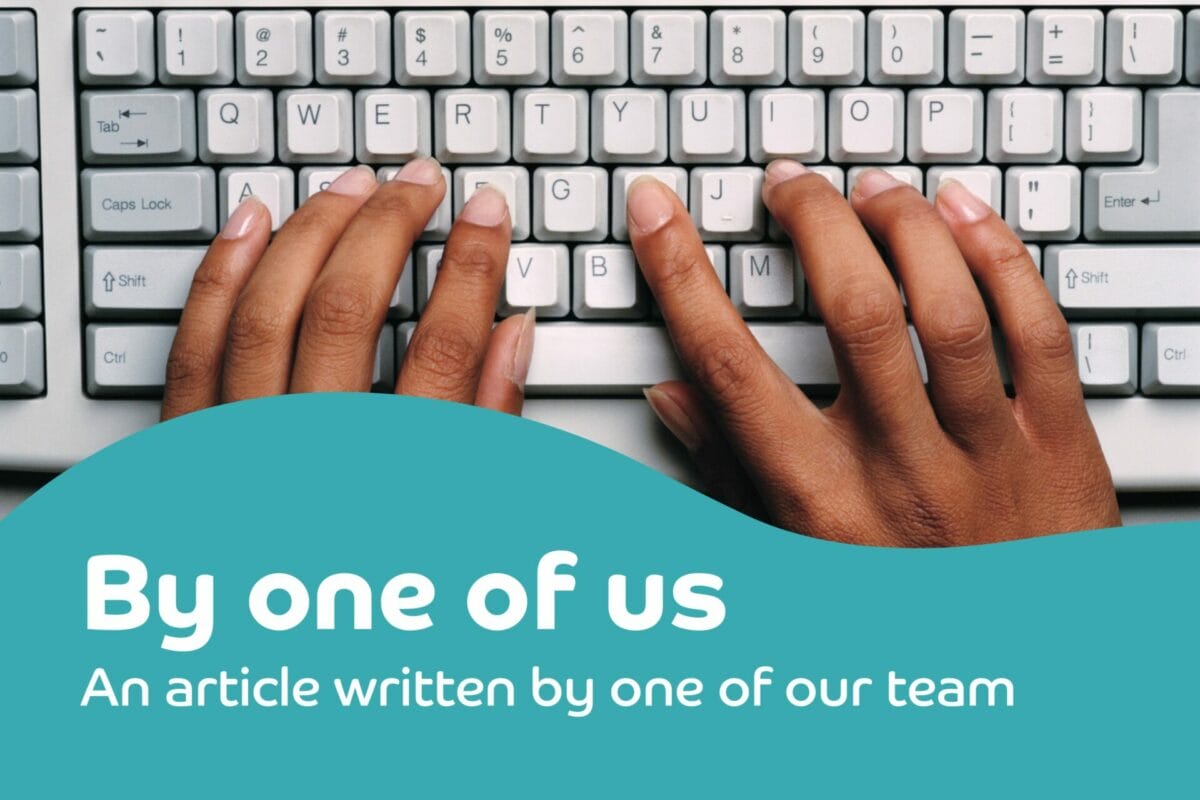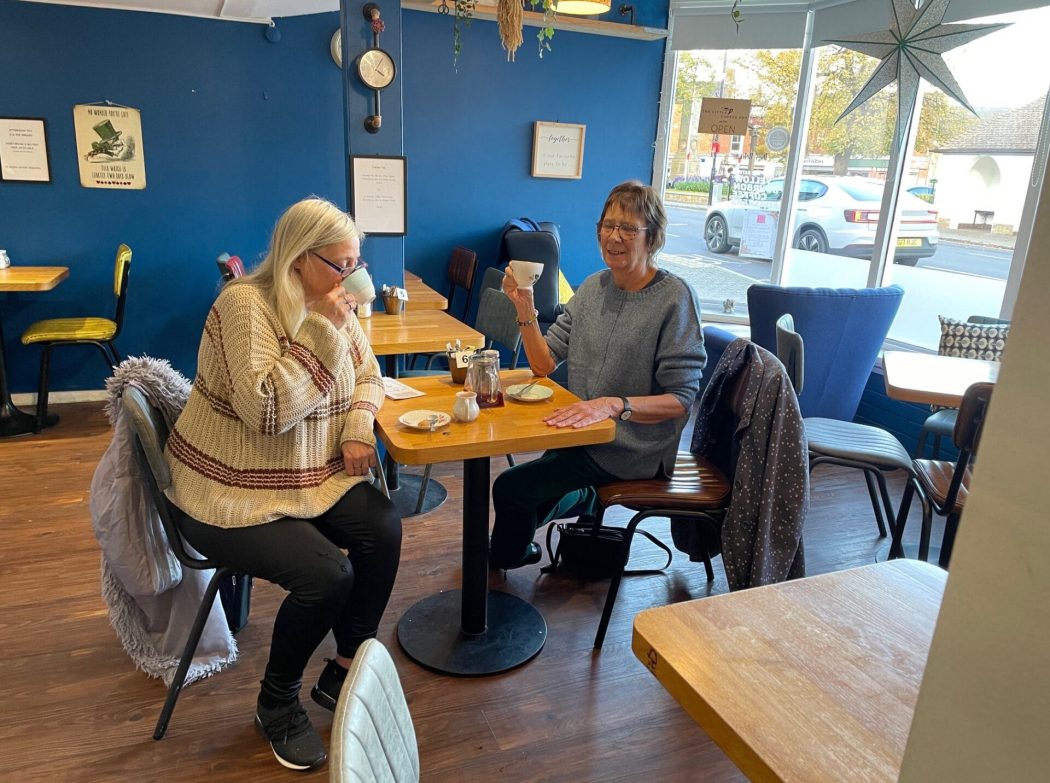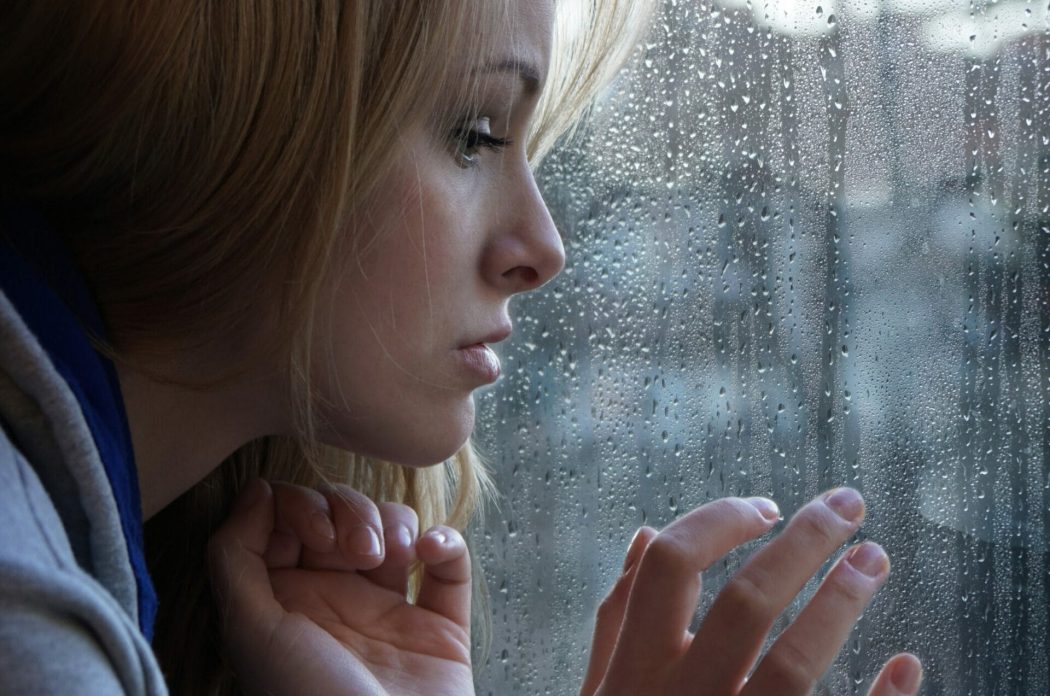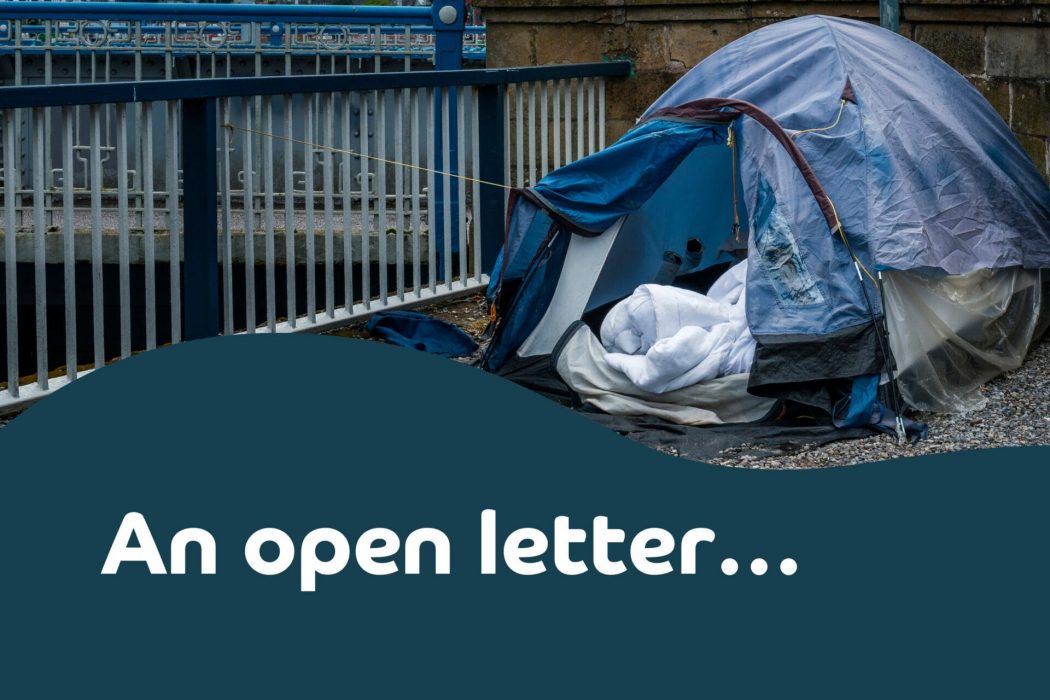When I first heard about people advocating for ‘Neurodiversity’, I thought, “Hmm…sounds like a worthy cause, but it won’t affect me”.
Well, I think that is what I thought, since I cannot actually remember – either way, I had unconsciously judged what ‘type’ of person this would affect and never even considered that I could be one: I always knew I was weird, but that’s normal…right? Nevertheless, following an ADHD diagnosis years later, I found myself re-evaluating my life in light of being neurodivergent / neurodiverse (these terms seem to be interchangeable).
The term originated from a movement in the 90s that sought to increase inclusion for all whilst embracing neurological differences. 1 Growing numbers of Autistic people connected through online platforms, paving the way for people with ADHD, Tourette’s Syndrome, Dyslexia, Dyscalculia, Sensory Processing Disorders and Down’s Syndrome to do the same. Naturally, the word has a diverse number of definitions, meaning that mental health conditions are sometimes included.2 Indeed, some people with these diagnoses do not identify themselves as neurodiverse!
“Very simply, neurodiversity refers to the different ways a person’s brain processes information” 3
Receiving my ADHD diagnosis was a shock, and I am still processing it now (no pun intended). Initially, I used it to justify unhealthy behaviours, I think because I was angry. Like many, many others, it took 7-8 years since the first diagnosis and various types of medication.4 My personal journey then involved 4-5 more diagnoses, 2 incidents of alcohol-induced suicidality following a breakup, 14 months of low mood followed by 14 months in supported accommodation and a repeat year at university. I think I was angry that this could have been avoided.
And yet, learning that I have a lifelong condition – contrary to previous research, children with ADHD do not grow out of it 5 – was a relief (rather like this colleague’s experience of being diagnosed). Yes, managing it will be hard: it’s like living with 20 walkie-talkies bleeping and chattering away. But it has always been hard! Now, with meds and various management strategies, I can find the volume controls more easily.
Furthermore, I could have had it much worse. I have been very blessed with getting a quick diagnosis and having ongoing psychoeducation from my neurologist. The waiting lists are long and some GPs are still poorly informed – the stereotypical presentation is based upon young males, meaning that ADHD in adult women (especially BAME) is frequently misdiagnosed or missed entirely.6 This makes having conversations to share awareness and accommodate one another is all the more important.
My reason for writing is not to say that it’s better or worse to be neurodiverse, but to celebrate the strengths and to raise awareness of the potential vulnerabilities. I may be a whizz at problem-solving, but if you spell your name out loud I may need you to say it two or three times before it’s gone in, due to poor auditory processing. I can empathise highly with colleagues and clients, but it may take 5-10 seconds for me to verbalise a sentence I want to say. Despite this, I am managing, because I have a strong support network, both at work and in my faith community. But many individuals – many clients – are overwhelmed and do not have the same space to flourish.
Getting to know them, allowing them to be weird and looking for different ways to accommodate their differences might just be life-changing. The most valuable thing for me was having people who genuinely listened. It helped me to accept myself, so I can now say…
I’m weird, but that’s normal.
Here is some great guidance on how we can support neurodivergent colleagues in the workplace: https://www.health.harvard.edu/blog/what-is-neurodiversity-202111232645.
(1) https://www.forbes.com/health/mind/what-is-neurodivergent/
(2) https://my.clevelandclinic.org/health/symptoms/23154-neurodivergent
(3) https://www.cuh.nhs.uk/our-people/neurodiversity-at-cuh/what-is-neurodiversity/
(4) https://adhd.dk/wp-content/uploads/sites/2/2022/05/Dodson-How-ADHD-Shapes-Your-Perceptions-Emotions-.pdf, p. 72.
(5) https://adhd.dk/wp-content/uploads/sites/2/2022/05/Dodson-How-ADHD-Shapes-Your-Perceptions-Emotions-.pdf, p. 34.
(6) https://www.livi.co.uk/your-health/understanding-adhd-in-women-and-girls/




